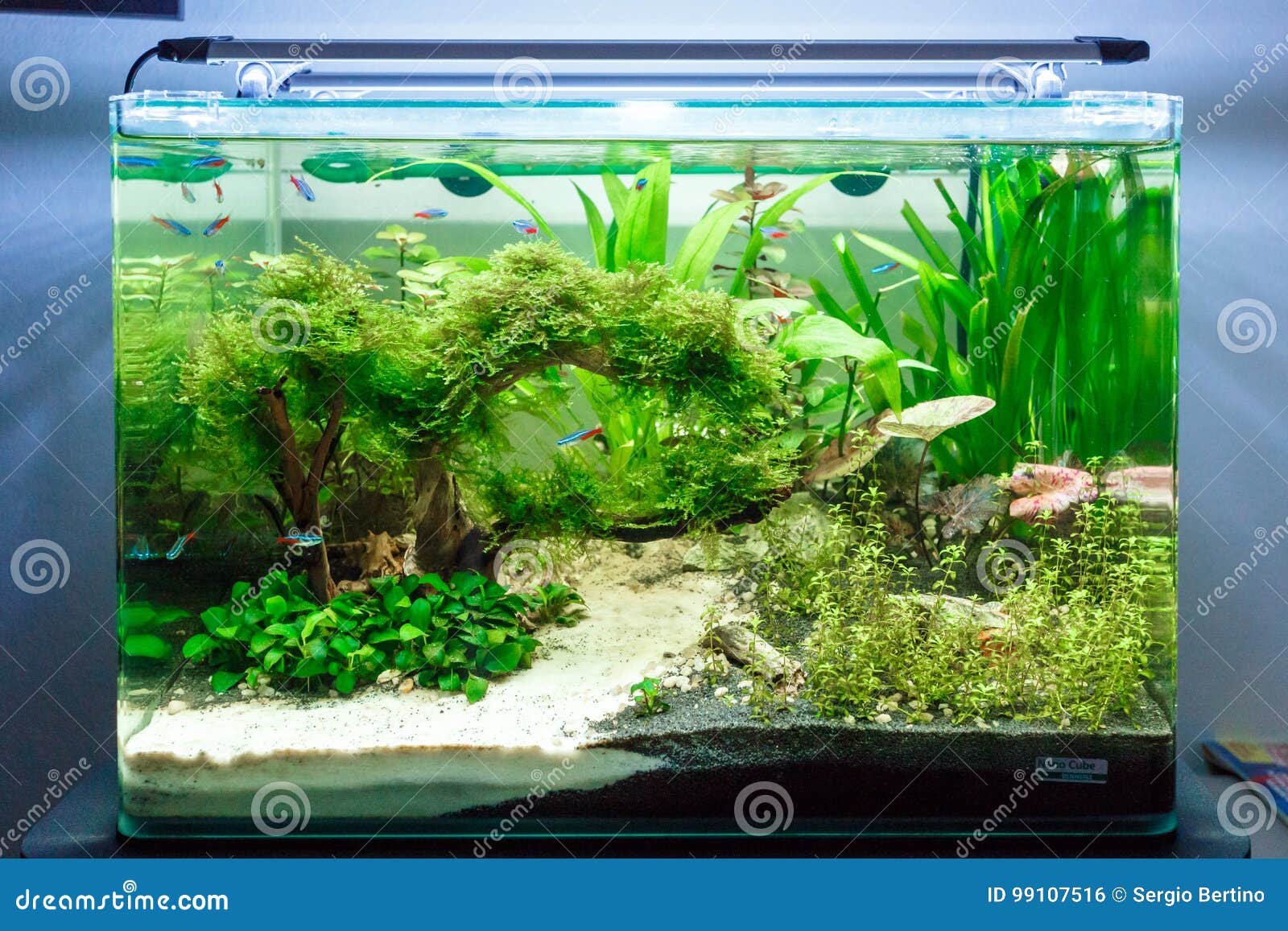
For a smaller tank, change out 10%-15% of the water each week. Here are some tips for maintaining your freshwater tank: To avoid changing the water completely, you can do it 10%-15% at a time to allow for the introduction of new water over time. Your tank develops a natural balance that supports your pet fish. Good bacteria is necessary in the water to help maintain your fish’s health. Keep your fish’s water clean, but not sterile. If you regularly clean your tank, doing a partial water change is the best option. It is possible to keep your fish in the tank while you clean because you don’t need to remove all the water to clean the tank properly.Ĭompletely replacing the water in the fish tank is a bad idea because it will remove beneficial bacteria that live in the tank and reset the nitrogen cycle, which could kill your fish. Removing them causes unnecessary stress for your fish, and you run the risk of accidentally hurting them. It’s best to keep your fish in the fish tank when you clean. In fact, veterinarians advise against completely cleaning and replacing the water in your freshwater tank because it may shock your pet’s system. Freshwater tanks are much easier to maintain than saltwater tanks. As time passes, elements and minerals are used up by your fish or are filtered out of the water, changing the overall pH of the water. Water also needs to be changed to reintroduce elements and minerals necessary for your fish’s well-being. Not only does this cause a physical buildup, but waste converts into chemicals such as nitrate and phosphate. Tips for Changing Fish Tank WaterĬhanging your fish's water regularly is important because even if your tank water looks clear, particles of food and waste are still present. If you have a saltwater tank, it’s also important to maintain proper salinity. Generally speaking, you should check pH and water levels in your tank daily. Maintaining a clean tank will improve their well-being and lengthen their life.īefore you attempt to change your fish’s water on your own, check with your veterinarian or pet store to see how often you should change it. It is important to remember that your fish’s overall health is a direct reflection of their aquarium. There are thousands of fish breeds, and each one requires different care and keeping of their tank. So the dose would be just over a half a teaspoon per LITER or 2 level teaspoons per GALLON (there are 3.875 liters in one gallon) but I am rounding to 4.Īdding salt can be a good thing, but add it slowly, say half the needed dose one day and half 48 hours later, and make sure to change the water before adding more.To keep your fish healthy and happy throughout their life, you need to understand how and why to change your fish tank water. 
Let’s assume you are going to add salt – so how much? For most fish, you want about 0.3% or 3 grams per liter or 12 grams per gallon of aquarium water.įor comparison, seawater, for example, has on average 32 to 34 grams of salt per liter (128 to 136 grams per gallons) of water.Ī LEVEL half-teaspoon of normal aquarium salt weighs 2.5 grams. But in general, a little salt is good for most freshwater fish.

If you live in the Pacific Northwest, which has very soft water, then adding some salt (I would suggest cichlid salts – not sea salts) is definitely a good idea. If you live in Southern California, then adding salt is not going to help as much (assuming you do not have a water softener). I know this is obvious, but I have had even stores complain about freshwater fish dying, only to find out they are adding salt and not changing enough water, so just a “heads-up.”Īdding salt also depends on where you live. For instance, South America Tetras, Corydoras catfish and other fish from this region do not tolerate salt at all.Īlso, you have to make sure to do water changes and not just keep on adding salt to the water, as soon your freshwater tank will be a saltwater tank. But it all depends on the fish, and it will not prevent diseases in all cases.Īlso, salt can be toxic to some fish, even in small doses. Here is the answer to Rebecca’s question: In many cases, adding a little salt to a freshwater aquarium can help, as it reduces the stress on the fish by assisting the fish’s osmoregulation (sorry for the technical term – what it means is it makes it easier for the fish to maintain itself physiologically in the water).

from South Carolina asked if she should add salt in her freshwater tanks because she was told it prevents diseases and, if so, how much?







 0 kommentar(er)
0 kommentar(er)
